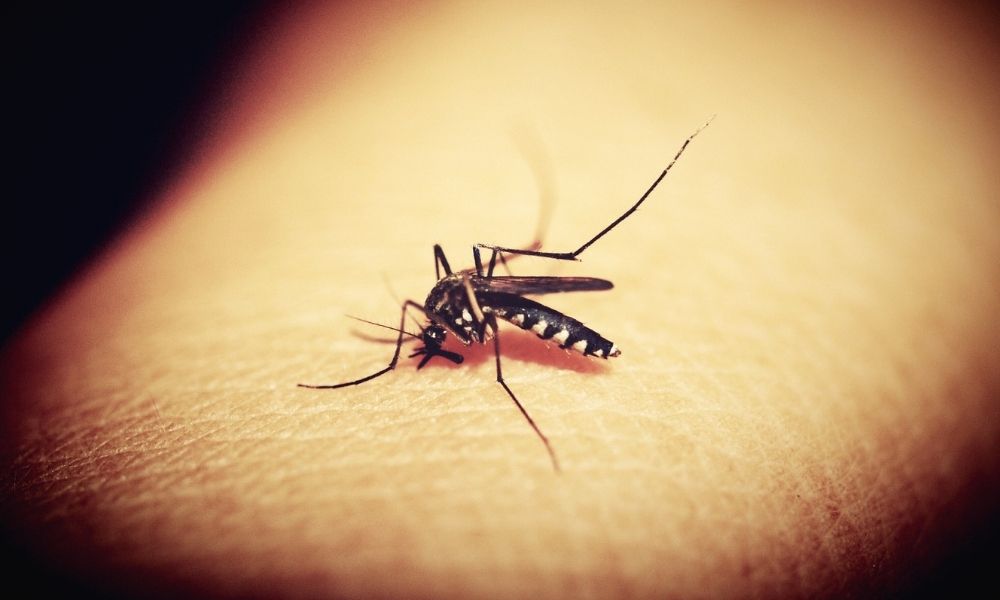
Credits: Pixabay
Kerala On High Alert After 14 Cases Of Zika Virus; Centre Sends Experts' Team
Writer: Devyani Madaik
A media enthusiast, Devyani believes in learning on the job and there is nothing off limits when it comes to work. Writing is her passion and she is always ready for a debate as well.
Kerala, 10 July 2021 6:42 AM GMT
Editor : Sanal M Sudevan |
Keen to explore new things and learn something new every day in the field of jounalism.
Creatives : Devyani Madaik
A media enthusiast, Devyani believes in learning on the job and there is nothing off limits when it comes to work. Writing is her passion and she is always ready for a debate as well.
The National Institute of Virology confirmed the state now has 14 cases of the total 19 samples tested. All the cases have been reported from the Thiruvananthapuram district.
Kerala has been put on high alert after the state reported 13 more cases of the mosquito-transmitted disease, Zika virus, on Friday, July 9. The National Institute of Virology confirmed the state now has 14 cases of the total 19 samples tested.
Earlier on Thursday, the state reported India's first case, with a 24-year-old pregnant woman from Parasala, while 13 samples were suspected. The woman was suspected to be infected locally, as she has no travel history. She gave birth on July 7, and both mother and child are reported to be stable, Hindustan Times reported.
After the report came, State Health minister Veena George called an emergency meeting to formulate an action plan.
"We have started a vigorous vector control programme, and the state was alerted. We are monitoring the situation closely, and planning to open more testing labs," Hindustan Times quoted the minister as saying.
All the cases have been reported from the Thiruvananthapuram district. George asked the people of the state not to panic and assured a stringent plan.
Expert Team Sent By Centre
The union health ministry has sent a 6-member expert team to review the situation in the state, including vector-borne disease experts and doctors from the All India Institute of Medical Sciences. After visiting the pregnant woman's place, the health authorities asked the people living nearby to maintain utmost vigil.
Of the total infected people, some are health workers, who work in private hospitals of the district. "We will check their travel history and take immediate action," the health minister added.
Zika Virus
It is a mosquito-borne virus and has the ability to shrink brains in children and a rare auto-immune disease called Guillain-Barre syndrome. According to the report, it spreads through the bite of an infected Aedes species of mosquito named Aedes aegypti, which also transmits dengue, chikungunya and yellow fever.
Also Read: In A First, Karnataka Govt School Will Become Part Of Satellite Launch
 All section
All section














